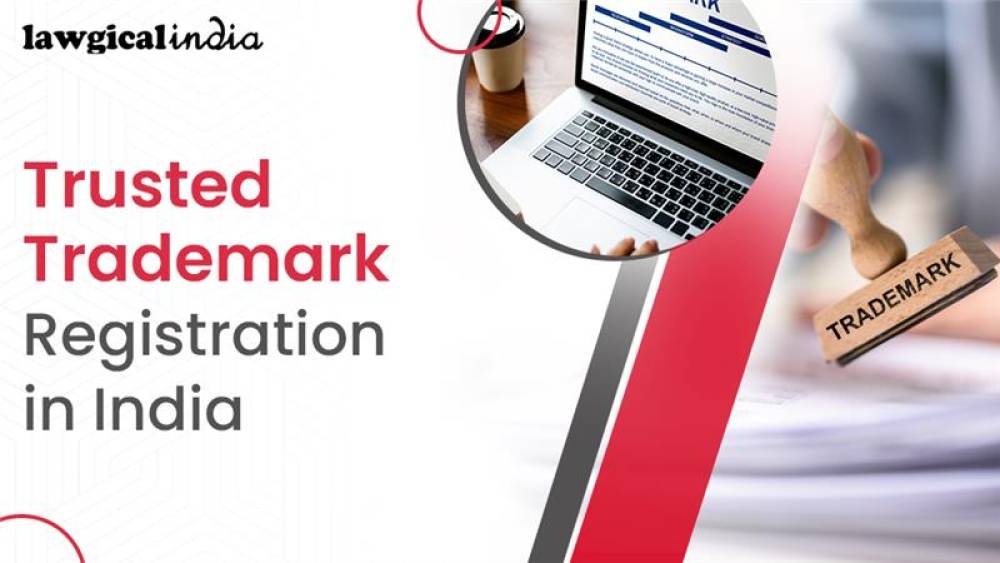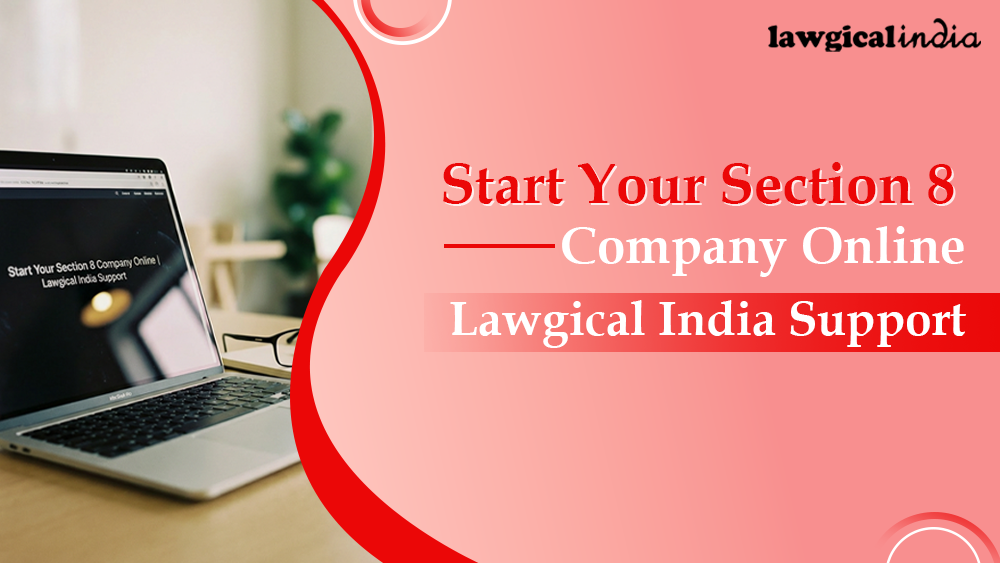Most startups wonder about possibly converting their company or business venture from proprietorship to a private limited company. But often, they are confused about whether they should opt for proprietorship or a private limited company. Startup owners who wish to convert their proprietorship into a private limited company do so because they wish to expand the business specifically and add it to a corporate structure.
Let’s discuss what a proprietorship and a private limited company mean and how you can convert a proprietorship to a private limited company as a startup.
But firstly, what is a proprietorship?
A sole proprietorship can be described as a business that is owned and operated by a single individual. This means there are no legal distinctions between the owner and the company. The owner is personally liable for all the company's debts, along with the obligations and liabilities that occur in a proprietorship. Hence, the owner’s assets are at risk if the company suffers a loss. A proprietorship also known to have less access to funding options from investors by other business structures, like LLP or a private limited company. It is the most famous business structure for small-scale businesses and freelancers.
What is a private limited company?
A private limited company structure is commonly chosen by medium—to small-scale businesses. In this type of business structure, the liability of the shareholders is limited to their share capital contribution. This ensures the shareholders that their shares will be safeguarded if the company or the startup faces serious debts. It provides financial security to the shareholders. The number of shareholders in a company can range from two to two hundred.
What are the benefits of a private limited company over a proprietorship?
A private limited company has an edge over a proprietorship on multiple factors, which are mentioned as follows-
-
Limited Liability
In a private limited company, the shareholders’ assets are safeguarded, and their liability is limited to their investment, which provides them with a sense of financial security and no risk.
-
Legal entity
A private limited company can be called a legal entity with perpetual succession, ensuring stability and credibility for the business or startup in question.
-
Better access to capital and investment
A private limited company also has better and more access to capital funding and investments from startup investors. Investors consider investing their money and other resources in private limited ventures because they offer stability compared to proprietorship companies.
How to convert a proprietorship to a private limited company?
1.jpg)
The following are some steps you can follow if you are a startup considering the possibility of converting to a proprietorship.
-
Professional agreement
A professional agreement must be formulated between the sole proprietor and the private limited company. This agreement should outline all the terms and conditions of converting the proprietorship to a private limited company. It should highlight the transfer of assets and liabilities, the startup's total valuation, and other conversion requirements.
-
Memorandum of Association
Next up, you need to have the MOA of the private limited company,, which needs to include all the required clauses for the conversion of the proprietorship to a private limited company. There should be legal clarity about the process.
-
Transfer of all the assets and liabilities
Next up, for a smooth conversion to occur, you need to ensure that there is a transfer of all the assets and liabilities of the proprietorship to the private limited company. This transfer must be documented and recorded before the company begins acting like a private limited company.
-
Shareholding
The sole proprietor should also become a part of the directorial board of the private limited company. This proprietor should hold approximately 50% of the company's total shares. A private limited company needs to have at least two directors. Hence, this requirement should be met.
-
Minimum share capital
A private limited company's rules include holding a capital requirement of up to 1,00,000. This minimum capital requirement must be met during the smooth conversion of the proprietorship to a private limited company.
Below are some of the prerequisites for forming a private limited company-
-
Directors
-
Director Identification Number
-
Shareholders
The above steps were some of the steps that a proprietorship needs to accomplish if it wishes to become a private limited company in the long run.
FAQs
1. Why convert my proprietorship to a private limited company?
To protect your personal assets, attract investors, and grow your business. Lawgical India can guide you on the right time and way to convert.
2. Do I have to close my proprietorship to convert?
No, you can keep running your business. We handle the asset transfer and paperwork for a smooth transition.
3. How many directors do I need?
At least two directors are required. We assist with appointments and Director IDs to meet legal requirements.
4. What’s the minimum capital needed?
₹1,00,000 is the guideline, but there’s flexibility. We help structure your capital to suit your needs.
5. Will my PAN and GST change?
Yes, new registrations are needed. We take care of all statutory registrations hassle-free.
6. Can I remain a director and shareholder?
Yes, you can hold shares and manage the company. We ensure all legal formalities are in place.
7. Are there tax benefits?
Yes, private limited companies offer better tax planning. Our experts help optimize your taxes post-conversion.
8. How long does conversion take?
Usually 15–30 days. We speed up the process with end-to-end handling of documentation and filings.
9. Do I need to inform clients and vendors?
Yes, to update contracts and payments. We help draft and send all necessary notices.
10. Can I carry forward proprietorship losses?
No, losses don’t transfer. We help plan your finances efficiently from day one.











No comments yet. Be the first to comment!